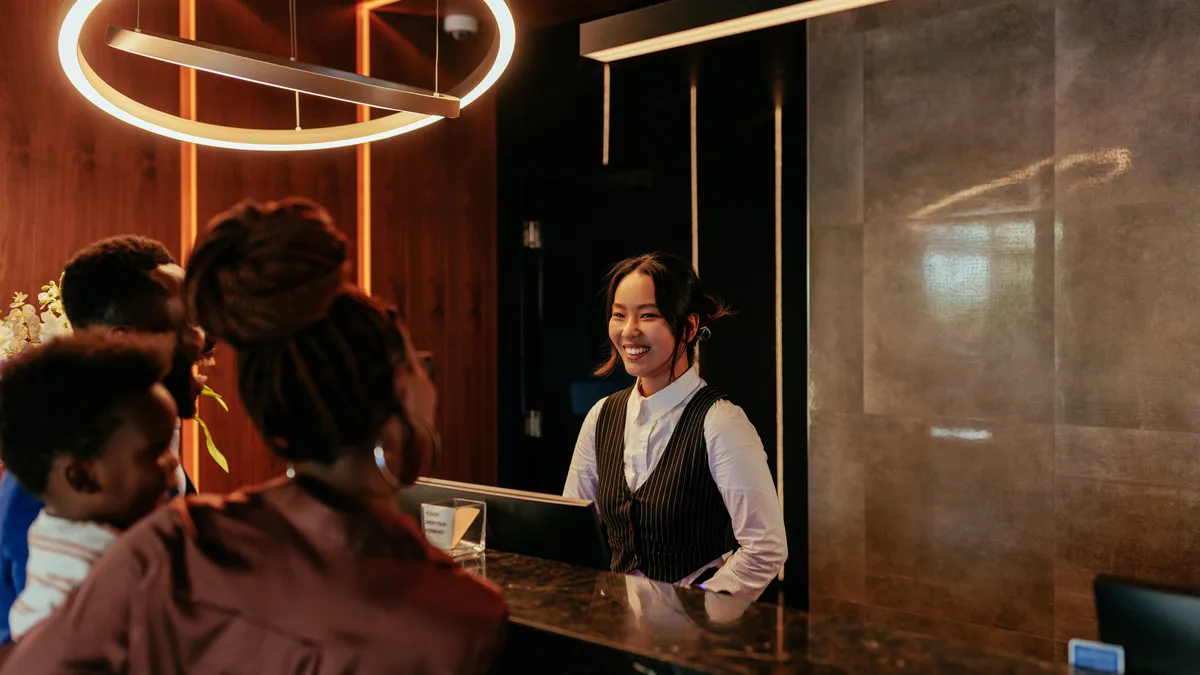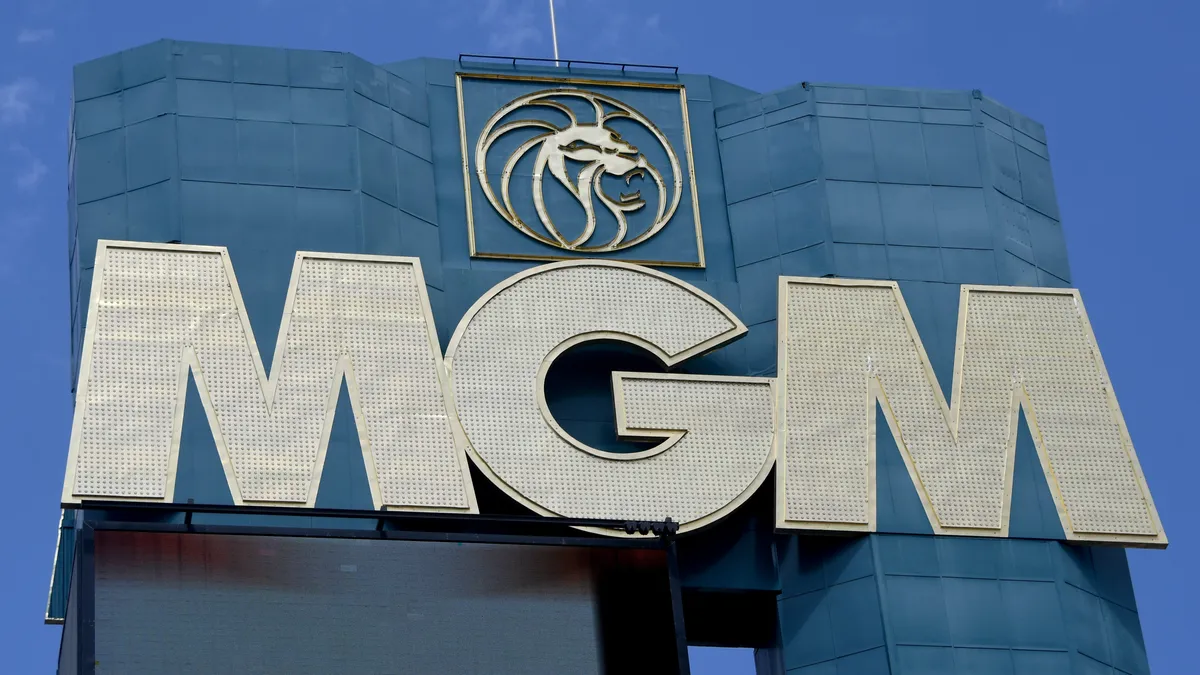The following is a guest post from Rachael Ricketts, principal CX advisor, travel and hospitality, at Medallia. Opinions are the author’s own.
The winter holiday season is upon us — a peak time for travel — and 2023 is on track to break past records. The Transportation Security Administration predicts that this year’s holiday travel period will be the “busiest ever,” and a recent survey from The Harris Poll found that half of Americans plan to spend money on flights or hotel stays, up from 44% in 2022.
As demand increases, so does pressure on frontline hospitality staff. Hotel staff end up having to cover extra shifts, all while dealing with potentially more challenging guests as holiday stress takes a toll. With hotel staff stretched thin, prioritizing employee engagement is more important than ever. Doing so can pay off when it comes to driving guest satisfaction this season and beyond.
Linking employee engagement and guest satisfaction
The “service-profit chain” is a decades-old business model that’s still setting the standard for achieving excellence in the service industry.
First introduced in a 1994 Harvard Business Review article — and later expanded upon in the best-selling business book by the same name — the concept recognizes that profit and growth are directly linked to customer loyalty and satisfaction, which in turn result from engaged employees.
Hotels with happier and more engaged employees, then, are more likely to deliver a better experience for guests, which then leads to stronger loyalty — yielding higher revenue growth. Hotels can then invest those profits back into their employees.
With these links in mind, here are some small changes hotels can implement to make a big impact on staff happiness over the holidays.
4 strategies to boost hotel staff engagement
Understand what drives employee engagement
Before organizations begin to address employee engagement, they need to understand the drivers that are shaping whether employees feel appreciated at work, and what factors motivate employees to do a great job.
Leaders can use a variety of tools to gather these insights. This includes asking employees directly and informally during one-on-one meetings and department gatherings. Employers can also use surveys to ask open-ended questions like “What makes you feel most appreciated?” and “What makes you feel happy or frustrated at work?”
Additionally, organizations can benefit from tracking and analyzing key employee experience data, including employee time off requests, performance reviews, internal help desk tickets, social media mentions about the hotel, customer feedback, conversations on employer review websites and more.
Collecting and analyzing these cross-source data points will shed light on what makes employees feel appreciated, valued and understood. Hotels can act on these insights to craft a better work experience.
Recognize employees the way they want to be recognized
Not all employees are motivated in the same way. Some crave public recognition for a job well done. For others who might prefer a private thank-you, being the center of attention could have a negative impact.
Frontline hotel staff are responsible for personalizing the guest experience. When leaders take the time to personalize their rewards and recognition, employees get the chance to be on the receiving end of tailored experiences catered to their needs as well, making them more likely to deliver the kind of service that drives guest satisfaction.
Remove barriers to employee performance
Providing rewards and recognition is an important part of the employee experience, but there’s another strategy that’s often overlooked: eliminating roadblocks standing in the way of employees being able to solve problems for guests in the first place. These points of friction may include cumbersome processes, overly strict policies or unwieldy, outdated systems and tools.
As hotels collect employee experience data, it’s important to gather insights about these barriers and introduce efforts to alleviate them — or, at the very least, minimize their effects.
Provide data-driven training so employees can handle difficult situations
Whether during pre-shift team huddles or recurring team meetings, conducting role-play practice sessions can help staff prepare for challenges that may arise. During these training sessions, leaders can walk through the best steps to take, and talking points staffers can use, in more delicate situations, such as when a guest who arrives early is upset that their room isn't ready.
For a data-driven approach, brands should revisit issues that came up frequently during customer interactions during previous holiday travel periods. This customer experience data can be used to predict the types of situations that might pop up this year, and in turn, help staff best prepare for any anticipated challenges.
An important opportunity
Many hotel brands evaluate employee engagement on an annual basis, and throughout the employee lifecycle at milestones like onboarding, employment anniversaries and departmental changes.
But seasonal changes like holiday travel surges provide another, often-overlooked opportunity to check in on employees. Doing so can allow hotel leaders to find ways to elevate employee experiences — and ultimately drive strong customer and financial outcomes.


















